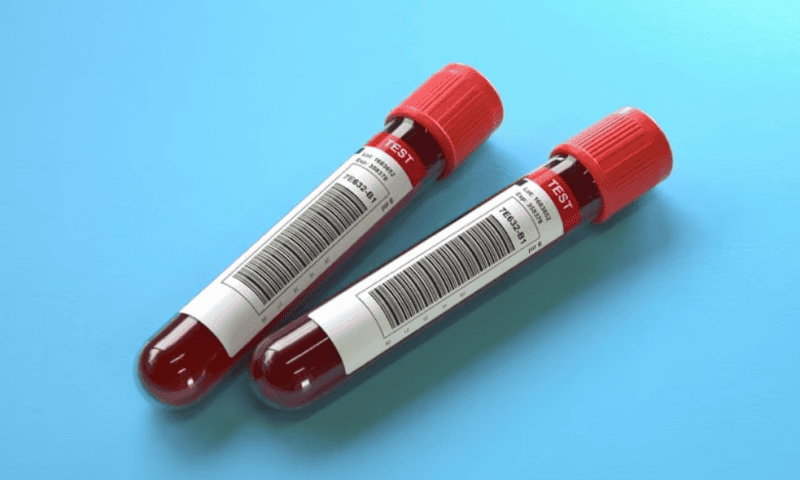A year after unveiling its first blood test aimed at spotting the signs of a range of neurodegenerative diseases, Labcorp is ramping up its offerings in that realm with the launch of a new, Alzheimer’s disease-specific test.
The amyloid-tau-neurodegeneration (ATN) profile tests for three separate biomarkers associated with Alzheimer’s disease. Though it’s not meant to make a definitive diagnosis, the test’s results can help doctors evaluate whether a patient with cognitive impairment is also experiencing any of the biological changes linked to Alzheimer’s—therefore potentially speeding up the time it takes to order further testing, reach a diagnosis and begin treatment for the disease.
“Many patients experience uncertainty around Alzheimer’s disease risk, which can take months or even years to diagnose,” Brian Caveney, M.D., Labcorp’s chief medical and scientific officer, said in a company announcement Wednesday. “More definitive testing, including our new ATN profile, can provide objective insights to patients, their loved ones, and treating physicians as they navigate care and treatment.”
The test is now available to doctors in the U.S. for help in uncovering the potential causes of cognitive impairment.
The profile combines a trio of Labcorp’s tests for neurodegenerative conditions. The Beta-Amyloid 42/40 Ratio test, for one, calculates the proportion of two beta amyloid proteins in a patient’s plasma, with a lower result indicating the presence of the amyloid plaques that are believed to develop alongside the onset of Alzheimer’s.
The second test looks for p-Tau 181 proteins in the blood sample; research has suggested that a buildup of tau tangles, like the beta amyloid biomarker, is linked to neurodegeneration.
The final test in the profile searches the plasma for neurofilament light chain (NfL) proteins, which are produced inside the brain’s neurons but can be released into the bloodstream in abnormally high amounts when the neurons are damaged—for example, during the process of neurodegeneration. Labcorp began rolling out the NfL test last year with a broad designation, allowing it to be used to detect and confirm the presence of a variety of neurological issues including ALS, dementia, Parkinson’s disease, concussion and more.
Labcorp isn’t alone in developing alternatives to the more invasive cerebrospinal fluid tests and expensive PET brain scans that are currently used to spot the biological changes associated with Alzheimer’s.
This year alone, Quest Diagnostics, C2N Diagnostics and Quanterix have all launched new blood tests for just that purpose. The trio of tests take different tacks to get there: Both Quest’s and C2N’s offerings measure the ratio between two beta amyloid proteins in the plasma, but Quest’s AD-Detect test is a direct-to-consumer offering that retails for about $400 on the company’s website, while C2N’s PrecivityAD2 liquid biopsy must be ordered by a healthcare provider.
Quanterix’s recently launched test, meanwhile, is also prescription-only, but it takes the p-Tau 181 route to help assess the likelihood that a patient is experiencing neurodegeneration linked to Alzheimer’s.

